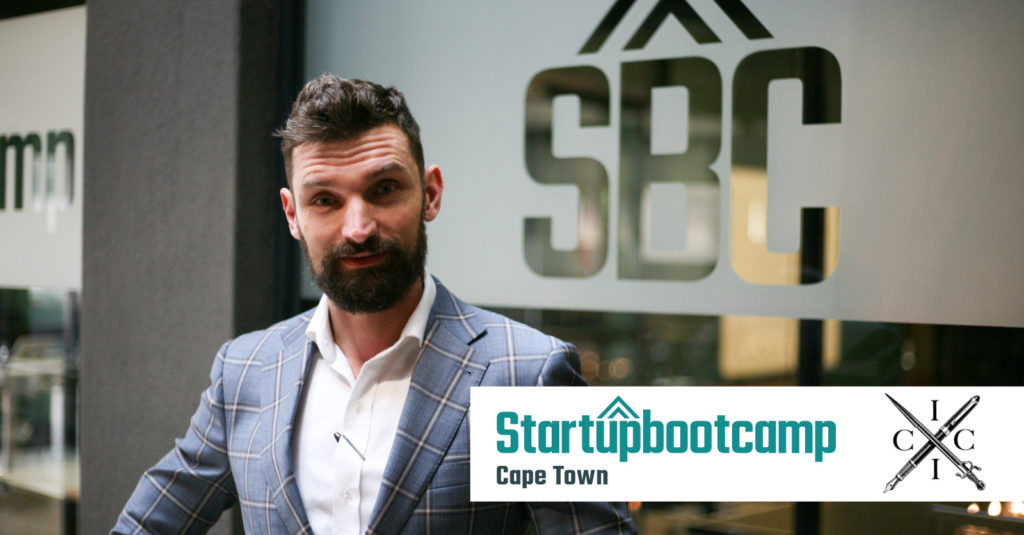Brad Neuberg is widely credited as having founded the co-working space concept as we know it when he launched the first such space in 2005 in San Francisco. Since then the co-working movement has spread around the world and is now associated with innovation and tech startups.
Benefits associated with co-working spaces range from affordability, opportunities for networking and collaboration, to hip amenities and services. But, just how important is it for startups to find a good co-working space?
No ad to show here.
Schuyler Vorster (pictured above), director and founder of co-working company The Inner City Ideas Cartel, believes a good co-working space is “one of very few edges a startup can equip themselves with to get ahead of the competition”.
“A collaborative environment that essentially extends the team behind you is vital to success. Everything that is not your core focus, should be the focus of the co-working company. Come to work, to work,” says Vorster.
Vorster’s co-working company, which he founded in 2013, is one of the local sponsors of Startupbootcamp (SBC) Cape Town. The Inner City Ideas Cartel operates the Cartel House, a co-working space in the Cape Town central business district, where SBC Cape Town is based.
Vorster explains that startups can stand to gain more value from using co-working spaces than from renting normal office space.
“There is a value for money component, only paying for what you need, when you need it, the flexibility of the lease, but more importantly the network of members and staff that can help push the startup further. Great co-working spaces are obsessed about their members’ well-being, this is great for business,” he says.
He maybe on to something, research has shown that startups who operate from co-working spaces are four times more likely to succeed compare to those that don’t.
The Cartel House has a few success stories of its own among the three dozen startups that use the co-working space. Vorster points out two companies that have benefited from using The Cartel House.
“Made Agency landed a very large account in the coffee bar when they were looking for space. The legal team Brevity Law who work with SBC met in Cartel House. And without running a list, we have a policy whereby we primarily source from our members so this creates a culture that extends throughout the network,” he explains.
As Vorster points out, the latest trends show that corporates are also now jumping on the co-working space wagon as more co-working companies are creating larger spaces to cater for innovation teams and growing companies.
“It’s no longer about the solopreneur,” he adds.
What then, should startups think about when selecting a co-working space? Vorster advises startups to think about what they stand to gain around networks.
“It’s essential that the startups enquire about the extended network and what is actually being done to broker an introduction that may work in favour of their business. Networking events are no longer enough, you need a community manager with influence,” he says.
“A good coworking space is like a hotel, you should get what you pay for and a little more that keeps you coming back,” concludes Vorster.
The Inner City Ideas Cartel is one of the is one of the local sponsors of Startupbootcamp Cape Town
Company Office is a subscription-based press office service.
